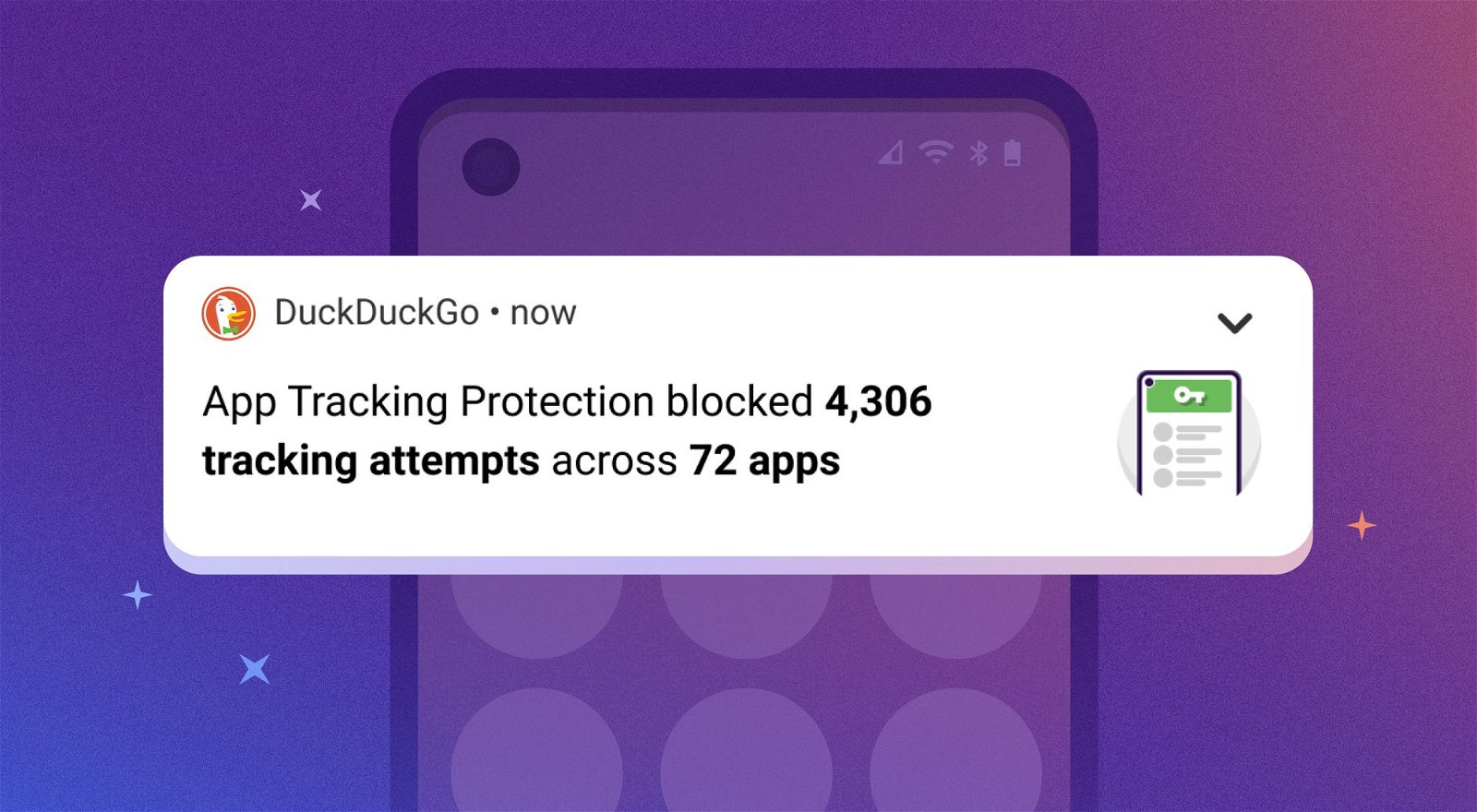Search site DuckDuckGo has added yet another way to prevent more of your data from going to advertisers, by opening Application Tracking Protection for Android (App Tracking Protection) for beta testing.
DuckDuckGo added App Tracking Protection as the Transparency Tracking App of Apple for iOS devices, but according to the company it is “even more powerful”. Activating the service in the DuckDuckGo Android app (can be done from the “More DuckDuckGo” section) installs a local VPN service on your phone, which automatically starts blocking trackers that are on DDG's public block list. The company says this happens "without sending data from the app to DuckDuckGo or other remote servers."

Google gave recently Android users some tools to prevent spam monitorings, such as allowing app-by-app location tracking and a limited opt-out from native ad tracking.
Apple's App Tracking Transparency asks if users want to block apps from accessing the Identifier for Advertisers (IDFA), the ad identifier that identifies a user, but apps can still use larger tracking networks that easily profile users. users.
Allison Goodman, senior communications manager at DuckDuckGo, told Ars Technica that App Tracking Protection needs permission from the Android VPN to be able to monitor network traffic.
When it recognizes a tracker from its block list, it “looks at the destination domain for any outgoing requests and blocks them if they are on the block list.”
Goodman added that "much of the data collected by trackers is not controlled by Android," making App Tracking Protection a complementary app.





